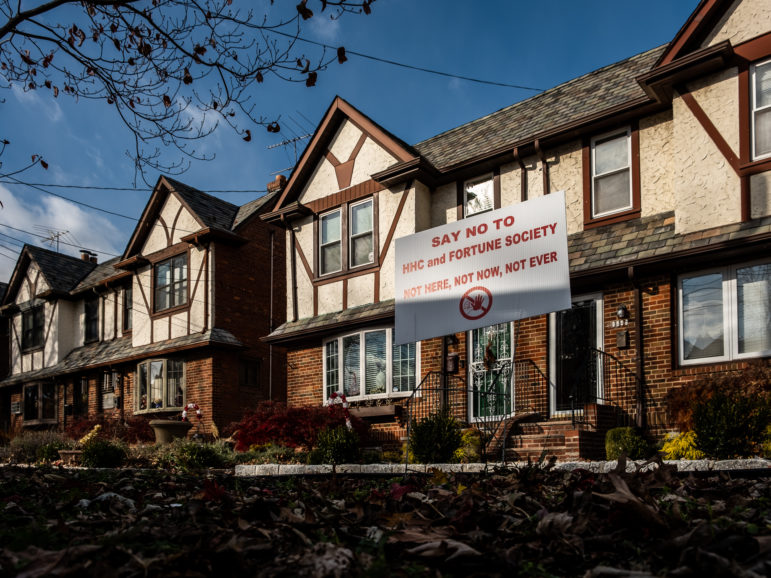A Manhattan housing court judge recently ordered a landlord to let two elderly sisters move back into their Morningside Heights apartment six months after a city marshal evicted them. While the women owed $13,000 in back rent, the judge said that the city department of Adult Protective Services (APS) erred repeatedly over the past year in not securing the funding to prevent them from losing their home of nearly 50 years.
In a scathing opinion published last week in the New York Law Journal, Judge Michell e Schreiber characterized as an “utter failure” the efforts of the sisters’ court-appointed guardian, Queens attorney Ralph Pennington, and APS, the agency charged with providing services for the elderly and disabled who face eviction. Judge Schreiber cr iticized the city for failing to replace Mary and Mattie Thompson’s caseworker while she was on leave for five months, and for not informing city marshals that the women’s eviction should be stayed. And she criticized both APS, a division of the city’s Hu man Resources Administration (HRA), and Pennington for failing to get HRA to pay the landlord the $13,000 in back rent, because the guardian and the agency mistakenly asked for $18,000.
Without the back rent, the Thompsons were evicted on February 5, and sent to the Isabella Nursing Home. The Pomeroy Company, their landlord at the 123rd Street apartment, immediately rented out their rent-controlled apartment and raised the rent from $246 to $800.
Several weeks later, the case was reopened in Housing Court. Judge Schreiber replaced Pennington with a new guardian, who quickly reapplied for and received the $13,000 grant from HRA. Once that back rent was secured, the judge said the Thompsons should move back in. She ordered Pomeroy to evict the new tenant, concluding that the needs of the disabled sisters living on Social Security were more pressing than those of the 37-year-old, self-employed resident.
Kristen Weir, the new resident, unsuccessfully tried to stay her own eviction and moved out just this week. At press time, it was unclear whether the Thompsons had yet moved back to their apartment.
For his part, Pennington, who says he has served as a guardian “hundreds of times,” blames APS, which he says is “overwhelmed.” In a written statement, a cit y spokesperson acknowledged that “errors were made,” adding that APS “strongly supports the judge’s decision” and pledges to “make every effort to see that this never happens again.”
Unfortunately, say lawyers who regularly defend elderly low-income clie nts, the system’s failure is not unusual. “This is a perfect example of how both APS and the [court appointed guardian] system don’t work,” said Toby Golick, director of Cardozo Law School’s Bet Tzedek Legal Services.
In fact, the Thompsons’ case is not the only recent legal action that’s critical of APS. In April, a team of New York Legal Assistance Group lawyers filed a class action lawsuit against APS for systematically failing to serve elderly and disabled clients. That litigation is ongoing.








